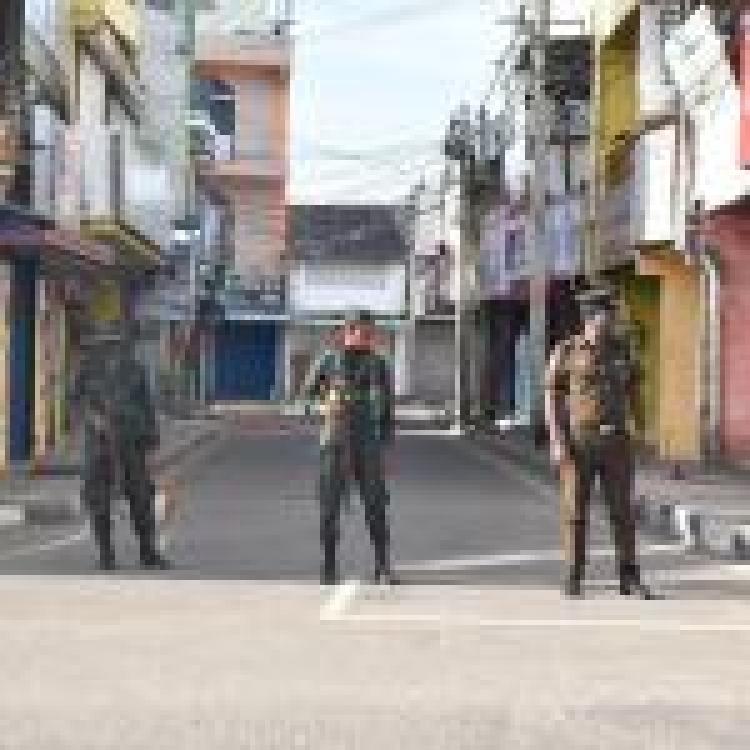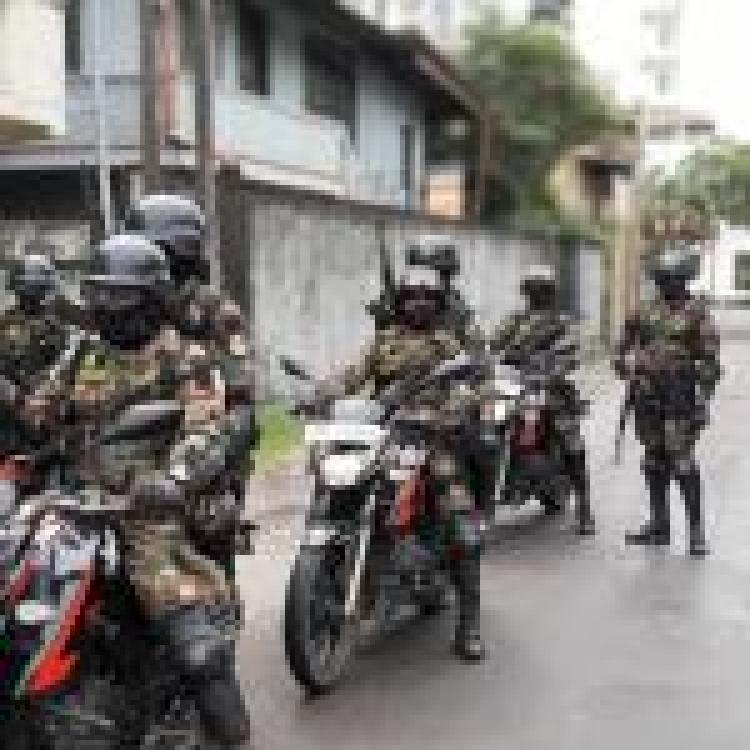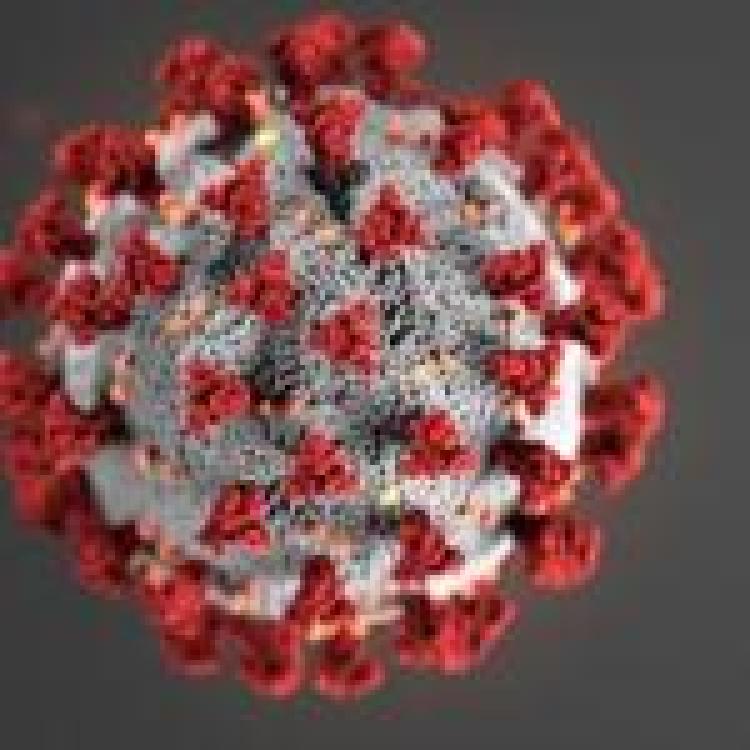Tensions reportedly rose in the overcrowded Welikada Jail in Colombo as 71 prisoners tested positive for COVID-19, with inmates claiming they will protest the conditions.
The prison currently houses 4,500 inmates even though the prison was built to accommodate only 2,000 inmates. After mass COVID-19 testing within the overcrowded facility, 71 inmates tested positive, only 7 of which were male.
Attorney Senaka Perera of the Committee for Protecting the Rights of Prisoners stated the prisoners were “living in fear because of the crowded conditions” and “the prisoners are very tense and agitated and there is potential for rioting unless decisive action is taken”. Human rights groups also warned EconomyNext stating, “tensions are rising in the jail”.
The former Commissioner of the Human Rights Commission of Srilanka (HRCSL), Ambika Satkunanthan, stated in a series of tweets, that "shortage of medical personnel is common". "As at 14 Feb 2019, based on DOP statistics, ratio of prisoners to Medical Officers was ... 224:1 at Welikada Closed Prison," she added, stating "HRCSL received many complaints from prisoners re access to medical care,e.g. missed clinic dates, missed dates for operation."
This is the second covid-19 outbreak at the Welikada Prison since March 2020. Former Commissioner Satkunathan, also stated, "[Prison Hospitals] are on level of divisional hospitals & provide only primary health care. Often lacking in basic facilities. Sanitary conditions of many [prison hospitals] were unsatisfactory & they did not have separate wards to isolate those with infectious diseases."
In an attempt to prevent overcrowding and further spread of the virus, Attorney General Dappula de Silva has also reportedly advised Sri Lankan police to charge people caught with small amounts of heroin or cannabis under section 78 of the Dangerous Drugs Ordinance, which requires bail to be granted by the High Court.




